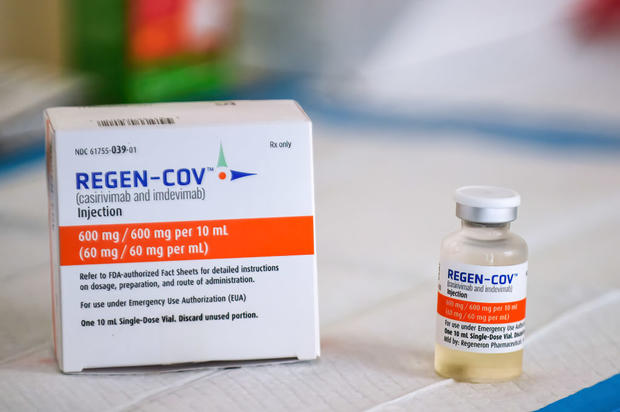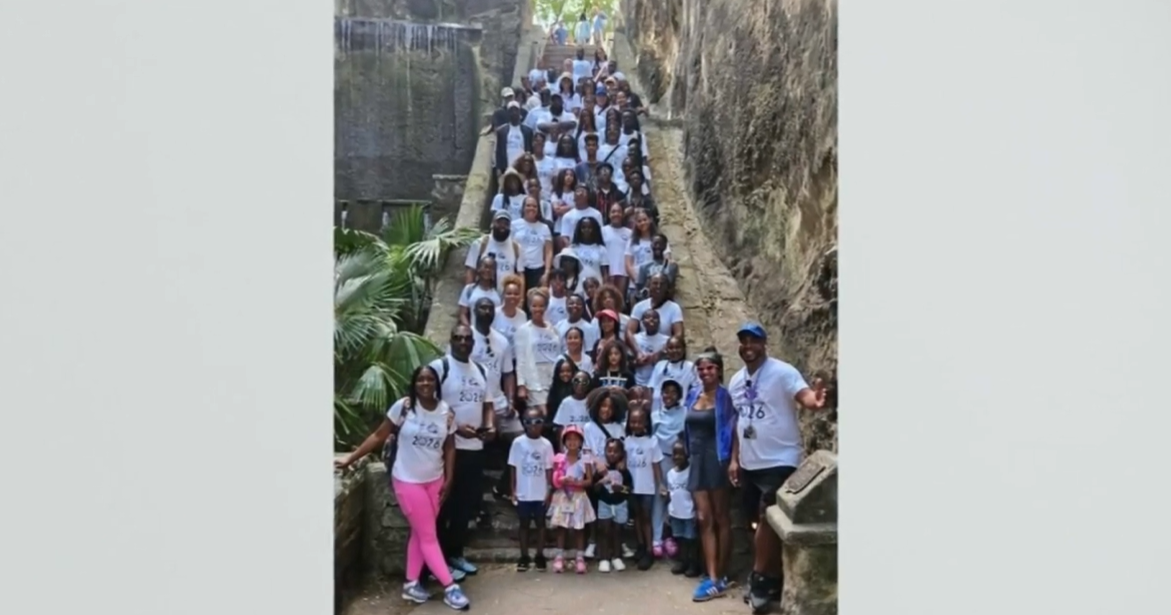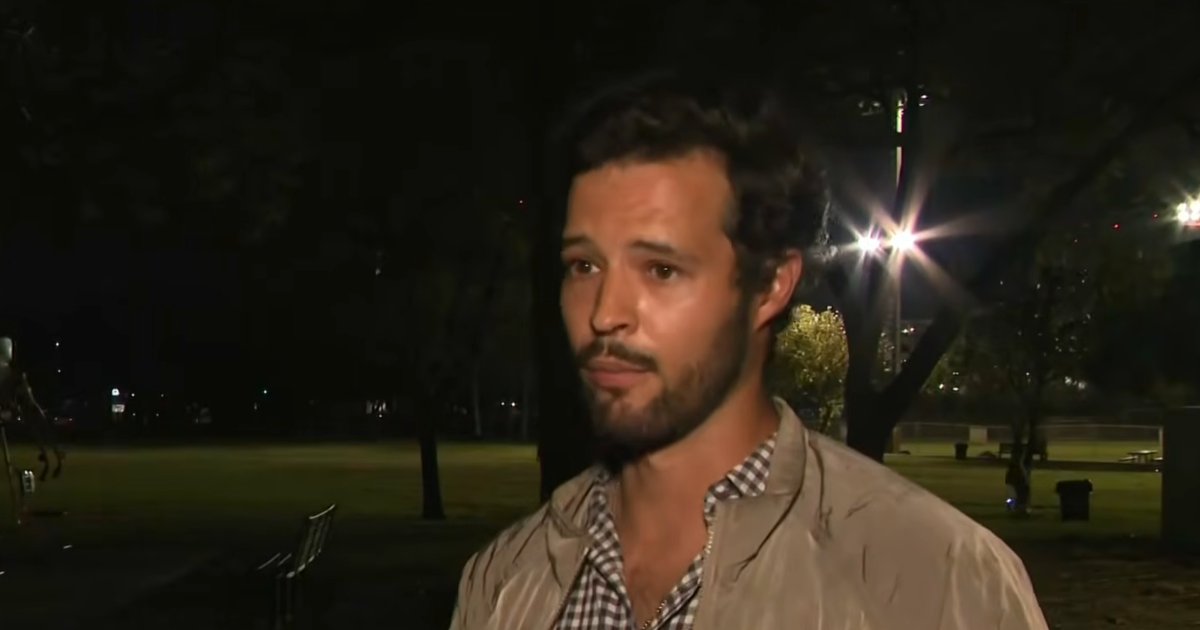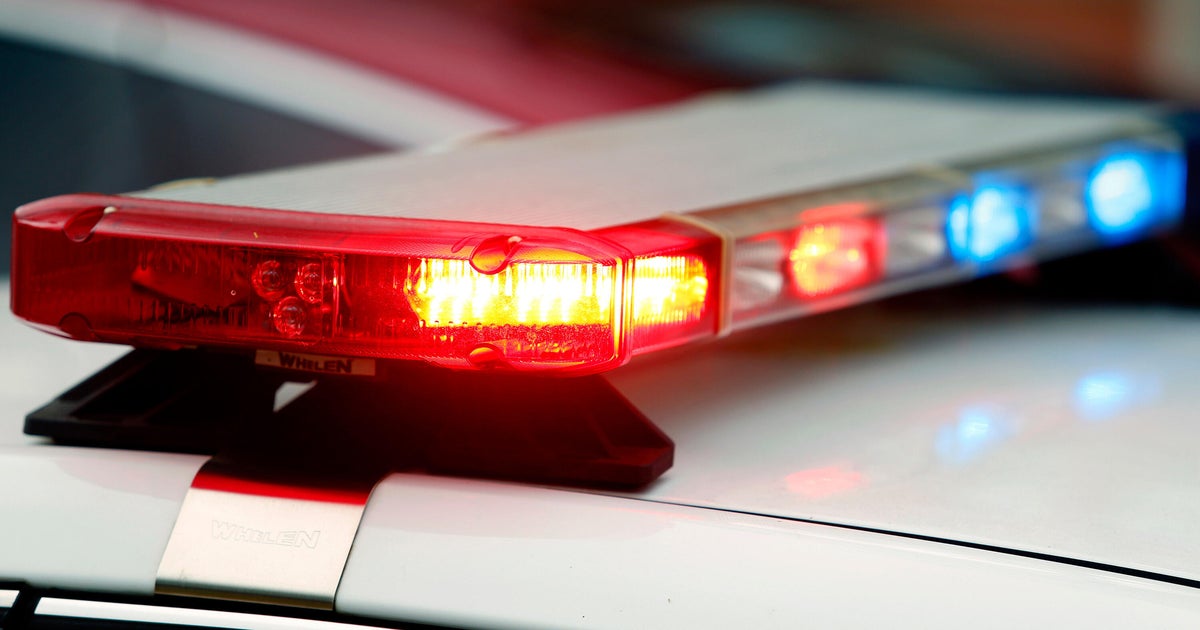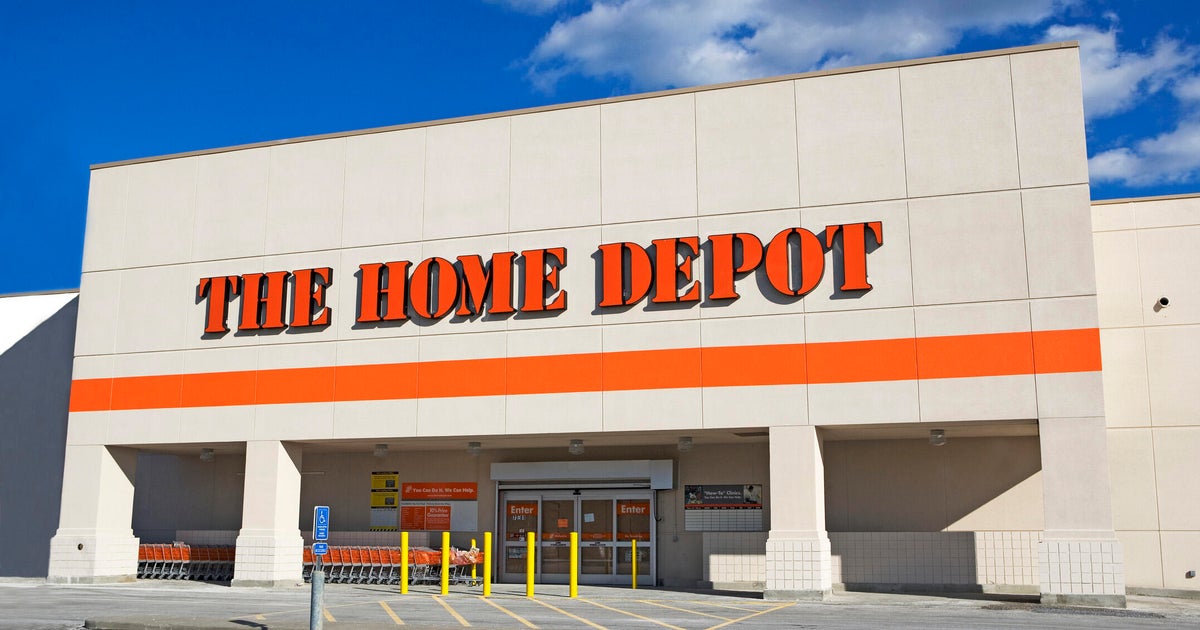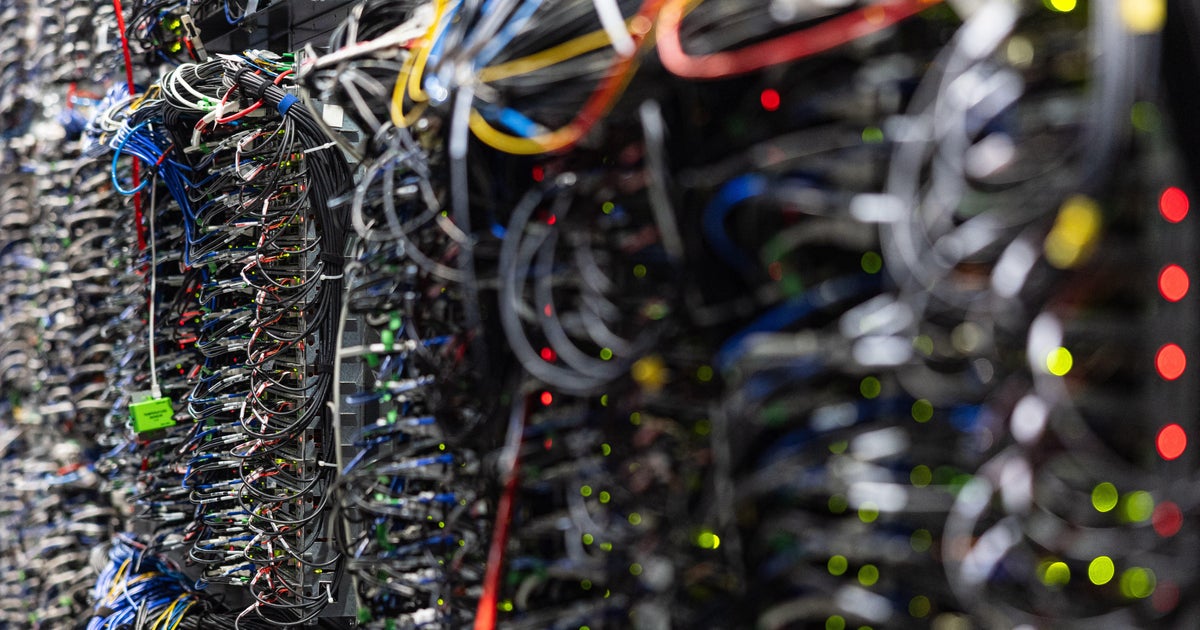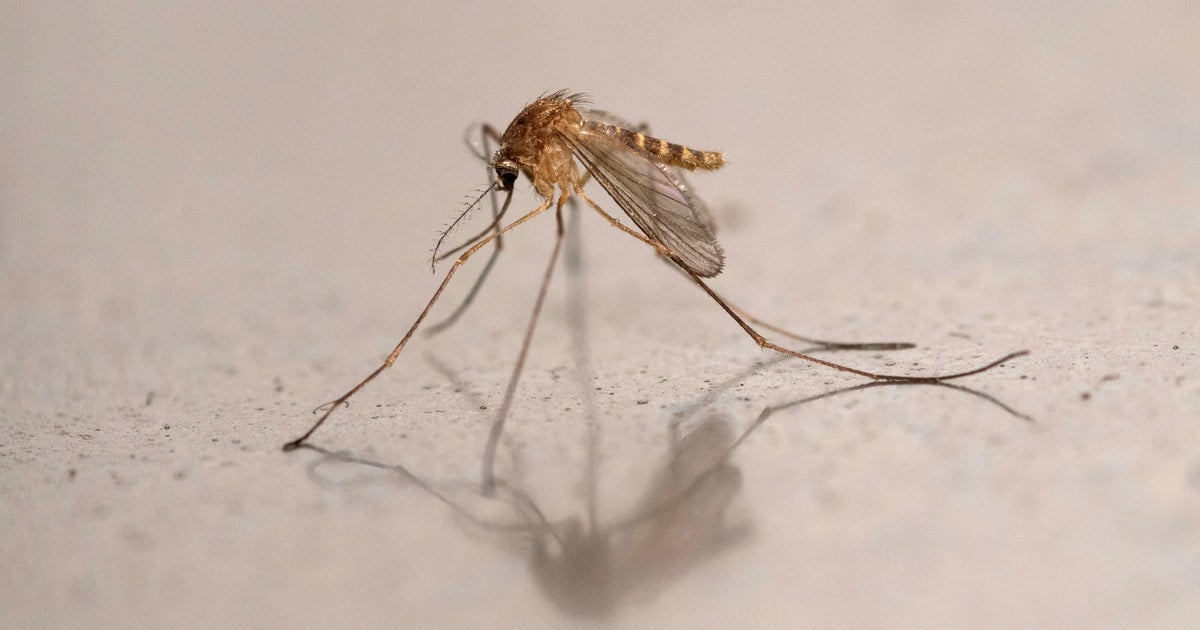What Is Regeneron COVID-19 Monoclonal Antibody Treatment?
MIAMI (CBSMiami) – As monoclonal antibody treatment centers open in South Florida and across the state, some people may be wondering exactly what is a monoclonal antibody?
The answer?
Monoclonal antibodies are man-made proteins that act like human antibodies in the immune system to fight off harmful pathogens such as viruses.
They are used for many different kinds of diseases, including autoimmune diseases from Crohn's disease to psoriasis and cancer therapy, according to FIU infectious disease specialist Dr. Aileen Marty. In terms of COVID-19, there are more than 40 different companies and varieties of monoclonal antibodies that different groups have developed to try and prevent disease from COVID-19.
"Some have proven to be a little more effective than others, and not all of them will work on all the variants," she explained.
They are administered for the treatment of mild to moderate COVID-19 in adults and pediatric patients (12 years of age or older), and who are at high risk for progressing to severe COVID-19. This includes those who are 65 years or older who have certain chronic medical conditions.
High risk patients include the those who are elderly, immunocompromised, morbidly obese, suffer from heart disease, chronic kidney disease, lung conditions and sickle cell.
Regeneron, which is a brand name for two monoclonal antibodies that are given simultaneously, is what is being used in the Florida monoclonal antibody treatment centers.
Former President Donald Trump received Regeneron after he contracted COVID-19.
"Giving him those monoclonal antibodies, which was something that I advocated for when he got sick, was actually quite useful for him, and is for other people with his kinds of presentations," stated Dr. Marty.
Experts say the drug is an effective treatment for COVID-19 if people receive treatment soon after testing positive.
"They work primarily before you become severely ill, before you need to be in the hospital and they work primarily on individuals who have certain risk factors, because first of all, taking a monoclonal antibody has potential risks in of itself," explained Dr. Marty. "It's certainly worse to have to take monoclonal antibodies than having to take a vaccine and never having the disease, it's much better to take a vaccine and not have the disease at all."
Regeneron is delivered intravenously or by injection.
The FDA authorized Regeneron for emergency use as post-exposure prevention for COVID-19 in November. However, the FDA says Regeneron is not a substitute for vaccination against COVID-19 and still urges all eligible people to get vaccinated.
The treatment provides a temporary, but immediate boost to the immune system which can help reduce chances that a patient will develop serious complications.
The Regeneron cocktail, when given within 10 days of initial symptoms, have been shown to cut rates of hospitalization and death by roughly 70%, and can reduce the chance of infection among a patient's household members by more than 80%. However, it cannot be used on patients who are already hospitalized with COVID-19 or are on oxygen therapy.
There are also risks associated with taking monoclonal antibodies.
"Like most medications, you have to target it to the right person at the right time," said Dr. Marty. If not, there could be side effects.
"The side effects are going to depend on the person's unique immune system and their prior exposure to different types of pathogens," she said. It's also important that medical professionals understand every patient's particular situation and needs.
In order to minimize negative effects, "You have to know exactly what you're doing when you're giving monoclonal antibodies," Dr. Marty explained.
In the state-run treatment centers, the monoclonal antibody treatment is free and available without a prescription or referral by a healthcare provider.
Florida Governor Ron DeSantis has been crisscrossing the state in recent days announcing the opening of Regeneron monoclonal antibody treatment centers.
In Broward, one opened on August 18 at C.B. Smith Park in Pembroke Pines.
Others are open in West Palm Beach, Jacksonville, Orlando, and Merritt Island and more are coming.
Visit patientportalfl.com to make an appointment.
More information and a map of other monoclonal antibody sites is available at floridahealthcovid19.gov. You can also call 850-344-9637.
